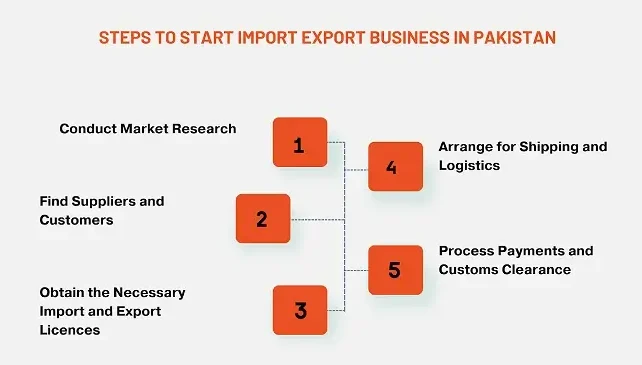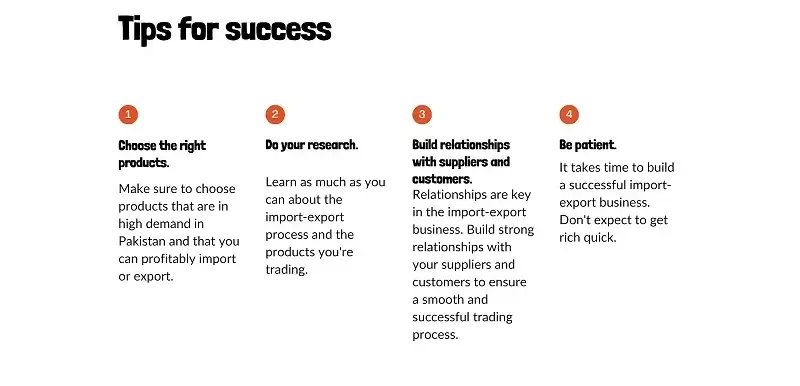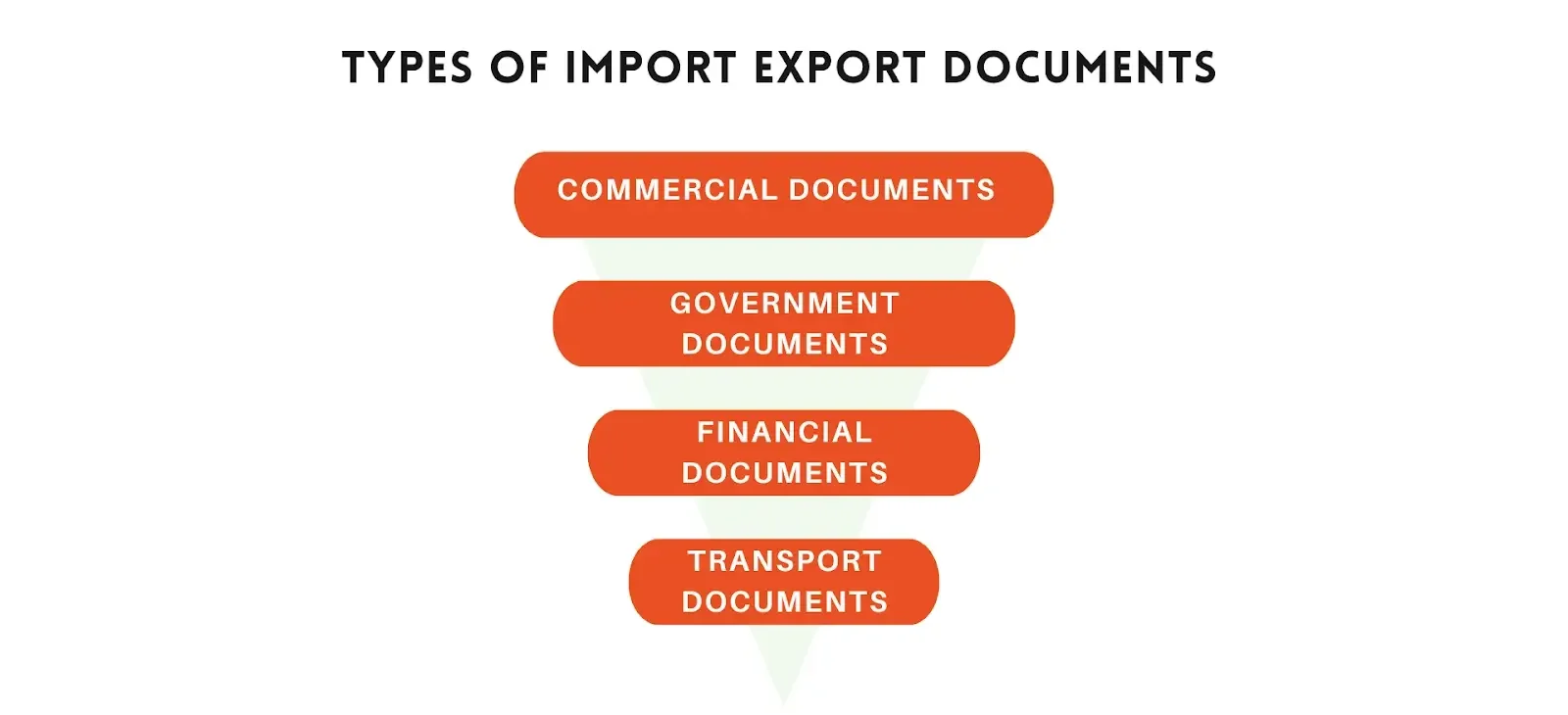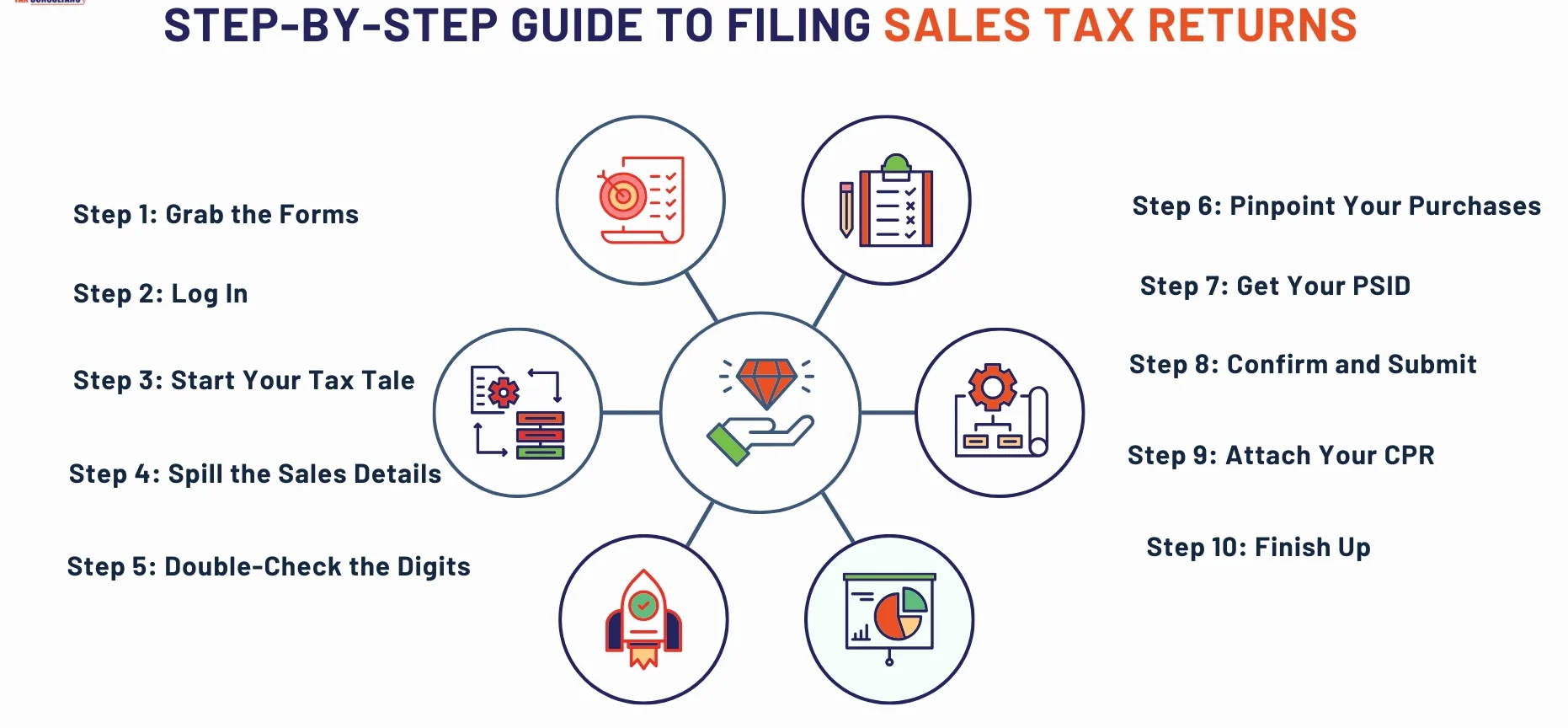How To Start Import Export Business In Pakistan ?

Stepping into the import-export business is like unlocking the door to a world where Pakistan’s treasures can meet global demands. It’s a realm where entrepreneurs weave local products into the global tapestry, fostering growth and prosperity. This blog by “Khan & Co” covers the essence of such trade – buying from and selling to distant lands. In Pakistan, with its strategic trade routes and emerging markets, launching this business is not just profitable but a step towards economic vibrancy. Yet, the journey isn’t without hurdles; from regulatory mazes to market volatility. Here, we’ll navigate through the benefits and challenges, simplifying the complex for Pakistan’s spirited traders.
Join us as we explore this pathway to prosperity.
The import-export business is the lifeblood of Pakistan’s economy, bridging local brilliance with global markets. At its core, it involves importing goods that the country needs and exporting those it crafts with unique skill.
Benefits:
- Access to a wider market
- Increased sales and profits
- Diversification of products and risks
- Job creation and economic boost
Dive deep to spot products Pakistan craves; think textiles, sports goods, and agricultural commodities. Understand your rivals, know their moves. Hunt for suppliers and buyers who share your vision. Remember, it’s about connecting local gems to global hands. Stay tuned as we chart out this trade expedition, mapping out the must-knows for Pakistan’s trade enthusiasts and Import Export License Creation in Pakistan.
Embarking on an import-export business in Pakistan is an adventure that begins with fulfilling key requirements. It’s about laying the groundwork to ensure your trade dreams don’t just take flight but soar. Below is a simplified guide, served on a platter in table form, detailing what you need to kick-start your global trading quest:
| Document | Significance |
|---|---|
| NTN (National Tax Number) | Your fiscal identifier, ensuring you’re part of Pakistan’s economic fabric. |
| Company Registration | The official ledger entry of your business’s existence. |
| Bank Certificate | A testament to your financial standing and trustworthiness. |
| Chamber Membership Certificate | Your ticket to the elite club of commerce and industry. |
| Sales Tax Registration | A pledge to contribute your fair share to the nation’s development. |
| Application Form | The scripted map of your trade voyage, outlining your intent. |
| Authority Letter | Empowerment in paper form, allowing your envoy to act on your behalf. |
| Copy of CNIC | The personal seal of your identity in the business realm. |
| Passport Size Photographs | A glimpse of the entrepreneur at the helm of this venture. |
Each document is a stepping stone towards your goal, a testament to your commitment to forging paths in international trade. Handle them with the care they deserve, and you’ll set the stage for a thriving venture on the global market stage.
Steps To Start Import Export Business In Pakistan
Embarking on an import-export venture in Pakistan is akin to setting sail on the trade winds. To help your business journey catch the right gust, here are pivotal steps outlined:

Conduct Market Research
Like a cartographer mapping uncharted territories, delve into market research. It’s about understanding the demands of the land—what products do local hearts desire, and what goods can you offer to distant shores? Scrutinise market trends, pinpoint consumer needs, and peer into what your competition is doing right or missing entirely. This knowledge is your compass in the vast ocean of commerce.
Find Suppliers and Customers
Forge alliances with trustworthy suppliers whose products are the lifeblood of your trade. Meanwhile, let your entrepreneurial spirit seek out customers, the destinations for your goods. Whether through social media, trade fairs, or old-school networking, connect your business to those who need it most.
Obtain the Necessary Import and Export Licences
Securing the right paperwork is your rite of passage. In Pakistan, this means getting your National Tax Number (NTN), registering with the Federal Board of Revenue (FBR), and acquiring an import-export licence. These documents are your anchor, keeping your business steady against regulatory tides.
Arrange for Shipping and Logistics
Now, turn your gaze to the high seas and skies—arrange for shipping and logistics. It’s about ensuring your treasures reach their destinations. Partner with reliable freight forwarders and logistics providers who navigate the complex routes of global trade with finesse.
Process Payments and Customs Clearance
The final hurdle is mastering the art of payments and customs clearance. Equip yourself with knowledge of international payment methods—be it letters of credit or wire transfers. Concurrently, untangle the knots of customs procedures to ensure your goods move smoothly through ports.
Each step is a stroke on the canvas of your import-export dreams. With diligence and the right guidance, such as that provided by TaxConsultancy, your business is poised to paint a success story that spans continents.

Additional Resources
- Trade Development Authority of Pakistan (TDAP)
- Federal Board of Revenue (FBR)
- Chambers of Commerce and Industry (CCI)
Glossary of terms
- Import: The bringing of goods into a country from another country.
- Export: The sending of goods out of a country to another country.
- Supplier: A company that provides goods to another company.
- Customer: A company or individual that buys goods from another company.
- Freight forwarder: A company that helps businesses with the shipping and logistics of their goods.
- Customs clearance: The process of obtaining permission from the customs authorities to
In essence, to navigate the bustling trade waters of Pakistan’s import-export realm is to embark on an adventure rich with promise. Arm yourself with vital knowledge, from obtaining an NTN to securing chamber membership, and anchor each transaction with trust and transparency. Your entrepreneurial spirit, coupled with TaxConsultancy’s guidance, will be the beacon that steers your business towards a prosperous horizon. With every product that crosses borders, you weave a stronger economic tapestry for Pakistan, nurturing not just a business but a legacy.
FAQs
Q1. How do I begin my import-export journey in Pakistan?
Embark on this journey with a clear vision. Secure your National Tax Number (NTN) and become a member of your local Chamber of Commerce. Knowledge is power; ensure you are well-versed in the products and markets you intend to explore.
Q2. What documents are critical for starting an import-export business?
Your documentary arsenal should include a Commercial Invoice, Packing List, and Bills of Lading, among others. These are your shields and swords in the trade battle.
Q3. Do I need a licence for export from Pakistan?
Not typically, but tread carefully and check for specific product regulations. Your export adventure is mostly licence-free, yet being informed is key.
Q4. What about importing goods into Pakistan?
Sales Tax Registration doubles as your import licence. Treat it with respect; it’s the gateway to your import conquests.
Q5. How can I ensure that my products clear customs without hassle?
Clarity and honesty are your best friends. Prepare accurate and detailed documents, and customs will be a breeze, rather than a storm to weather.








